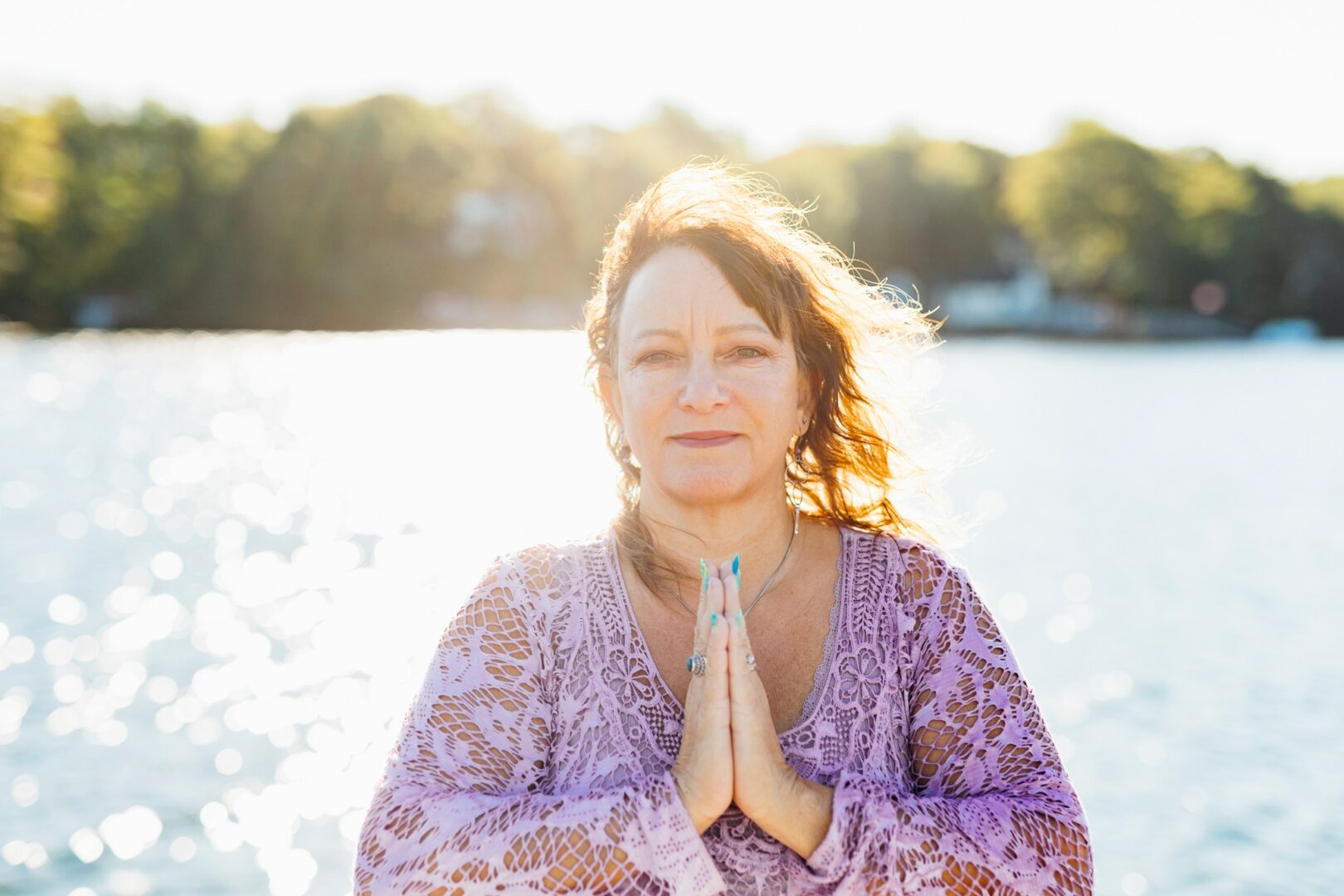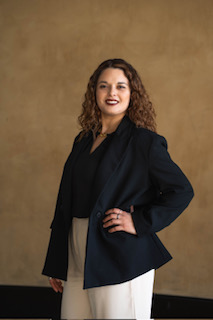We’ve got some of the most incredible artists, creatives and entrepreneurs in our community and we are constantly shocked by how prevalent imposter syndrome is. So many incredibly talented folks are haunted by self-doubt by a society that often tells you not to think too highly of yourself, but in order to have the strength to take on big challenges and make meaningful change in the world you’ve got to believe in yourself and so we wanted to create a space for conversations around overcoming imposter syndrome.
Raven Bradford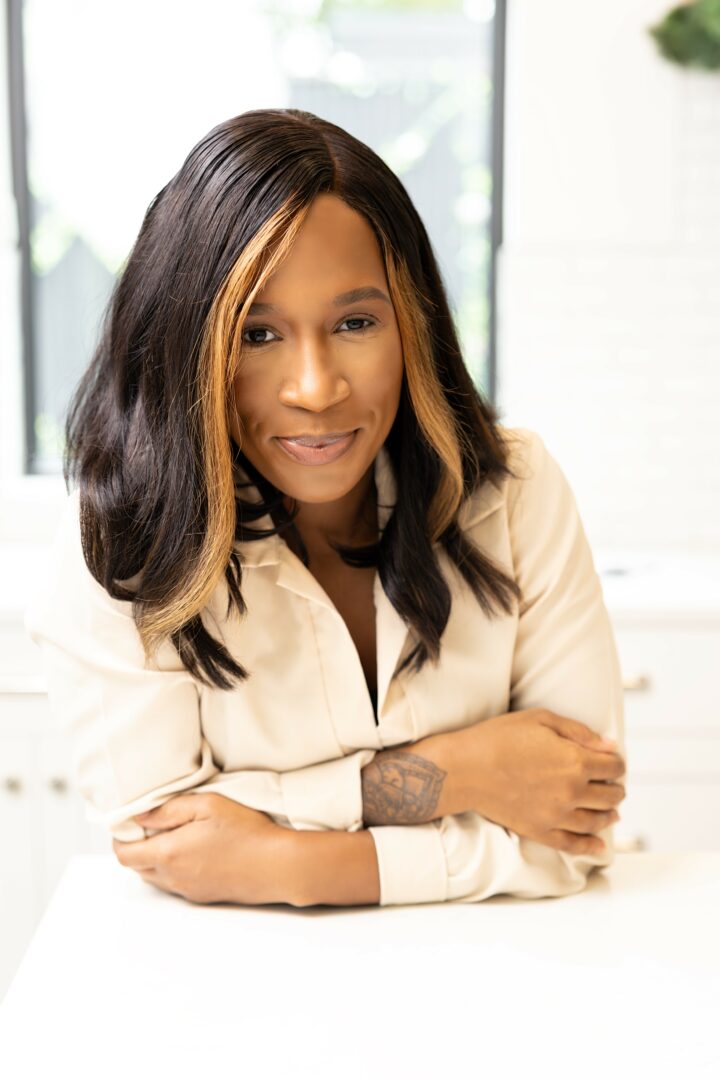
My resilience comes from my faith and from being a mother. I’ve faced seasons that could have broken me — from building a business while raising my kids, to walking through legal battles, to moments where I questioned if I was enough. But I remind myself daily who created me. Read More>>
Robert Mason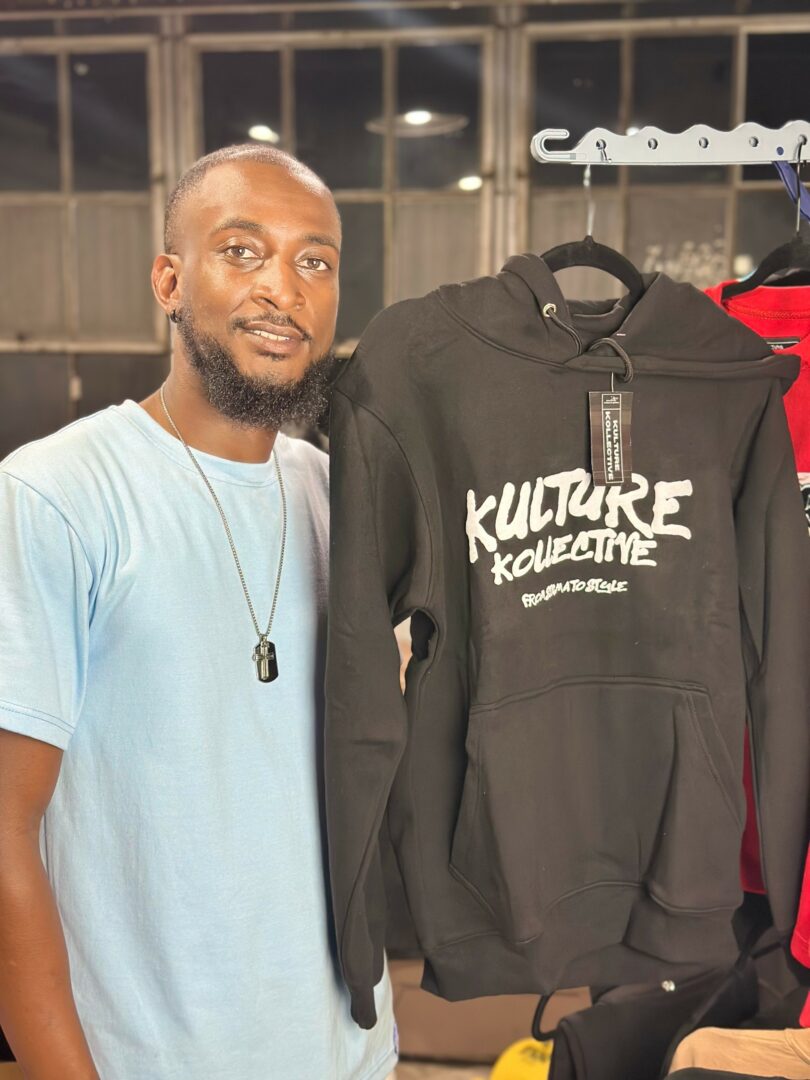
Imposter syndrome has been something I’ve wrestled with across different areas of my life: school, acting, and modeling, it’s still something I work through today. Read More>>
Chrissy Harding
I didn’t even know what imposter syndrome was until a friend told me about it over dinner. I was confiding my feelings of inadequacy and self doubt about my knowledge and work experience, and she said plainly, “Oh! You have imposter syndrome. That’s all.” I didn’t realize that it was a common experience that others also felt. Read More>>
Mary Ann Marriott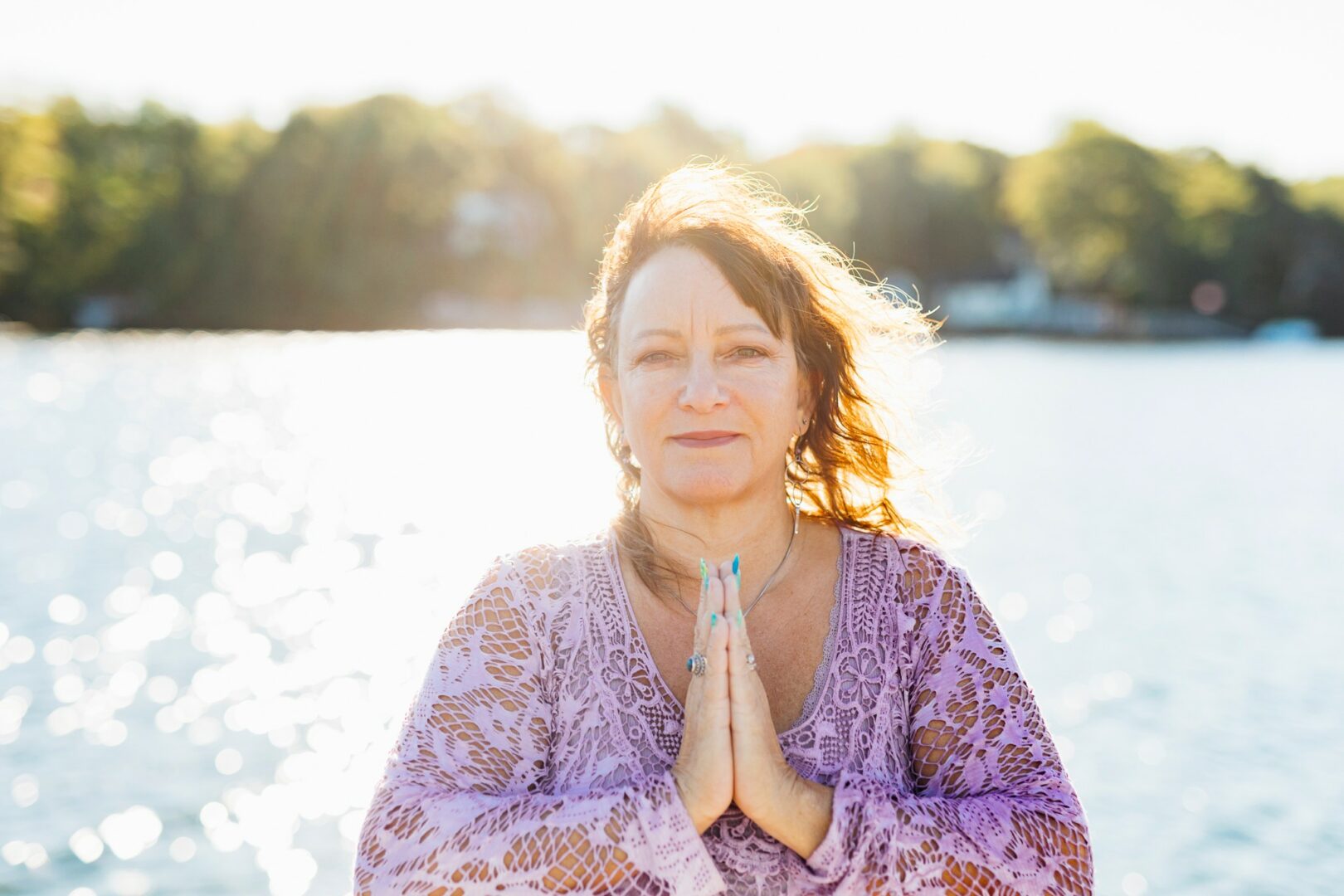
This is a great question. I would have to say that I don’t think I’ve completely overcome it, but I manage it and I think sometimes that’s the best of person can do. With me, it was around my card readings, and trusting my intuition in the messages coming through. Read More>>
Samantha O’Leary

For me, imposter syndrome came from constantly raising my own bar. I’ve always chased the next big thing, and in doing so, I sometimes set myself up to feel like I’m never quite ‘there’—especially when I compared myself to peers in the industry. The turning point was realizing that comparison was draining my creativity instead of fueling it. Now, I look to my peers for inspiration rather than as a measuring stick. Read more>>
Chris Wysong

Entrepreneurship is a daily balancing act between confidence and doubt. Some mornings I wake up feeling unstoppable. Other days, I sit in a room full of other founders and wonder if I somehow walked into the wrong place. That little voice in my head, the doubt monster, can be relentless. Over time, I’ve learned it’s not about silencing it. It’s about keeping moving forward. Read more>>
Jessica Clem
Imposter syndrome is tough to shake. But the only way through it is to grind and strive for your dream, no matter what. I feel more confident in myself the more I put myself out there and try. Experience is the antidote to imposter syndrome! Read More>>
Biridiana Guerrero
Imposter syndrome can sneak in quietly, making you question whether you belong, whether you’re “enough,” or whether you’ve somehow slipped into a space by mistake. I know this because I felt it deeply when I entered boarding school for high school. Up until that point, I had always been near the top of my class. But boarding school was different. Read More>>
Billy Brandes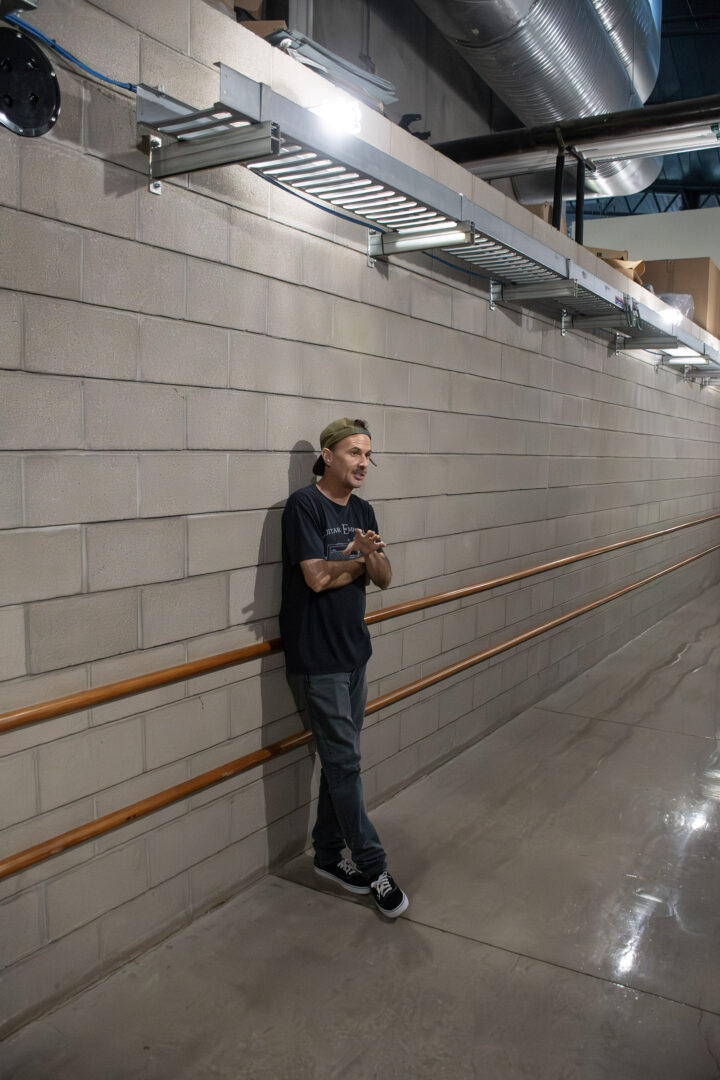
I don’t know if anyone ever really fully overcomes the imposter syndrome type feelings. Read More>>
Becky Ahlstrom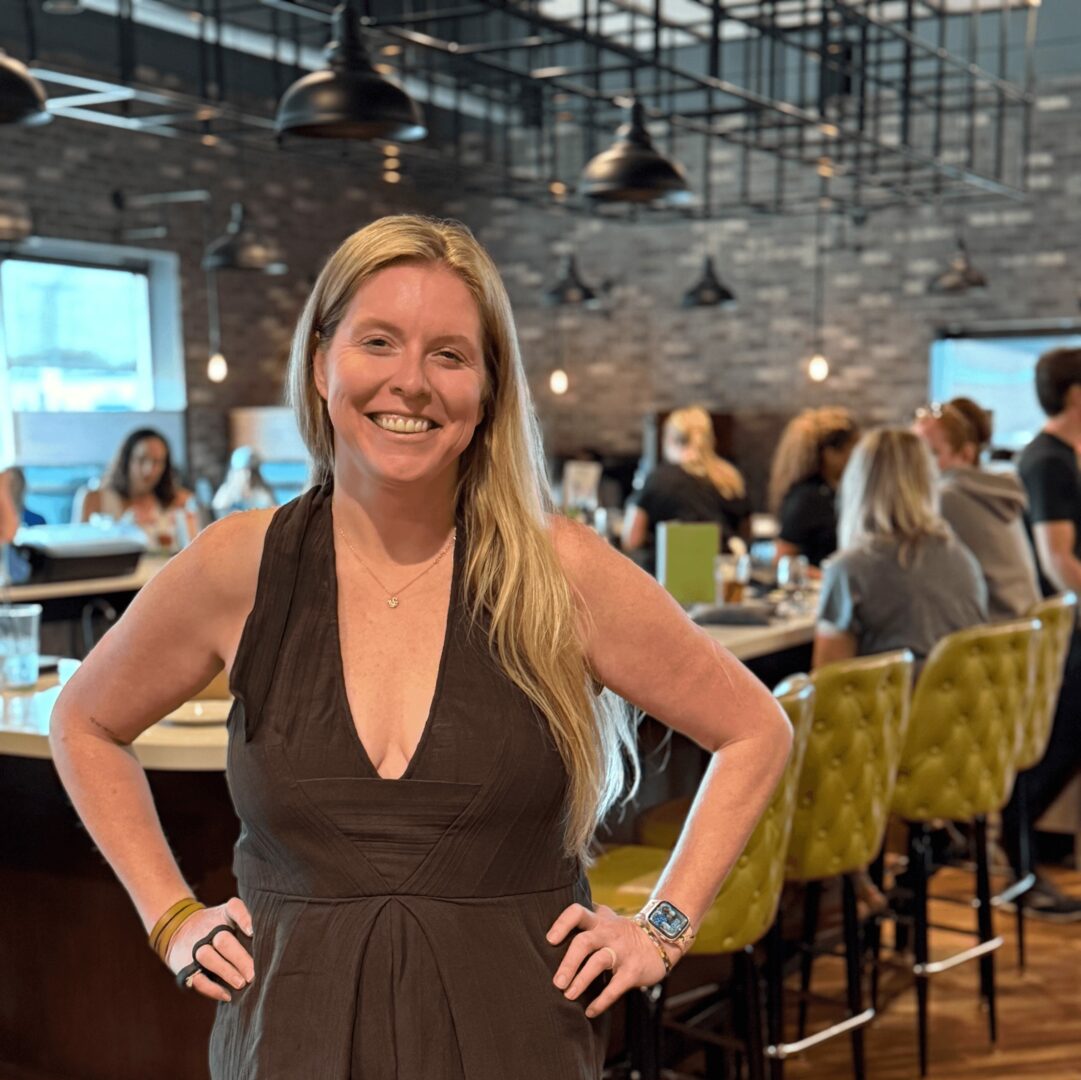
A work in progress! This has been an interesting journey for me, because I am transitioning to a new career in mid life, in an industry that fascinates and delights me… but one that I’ve never actually worked in. Read More>>
Jacob Tegtman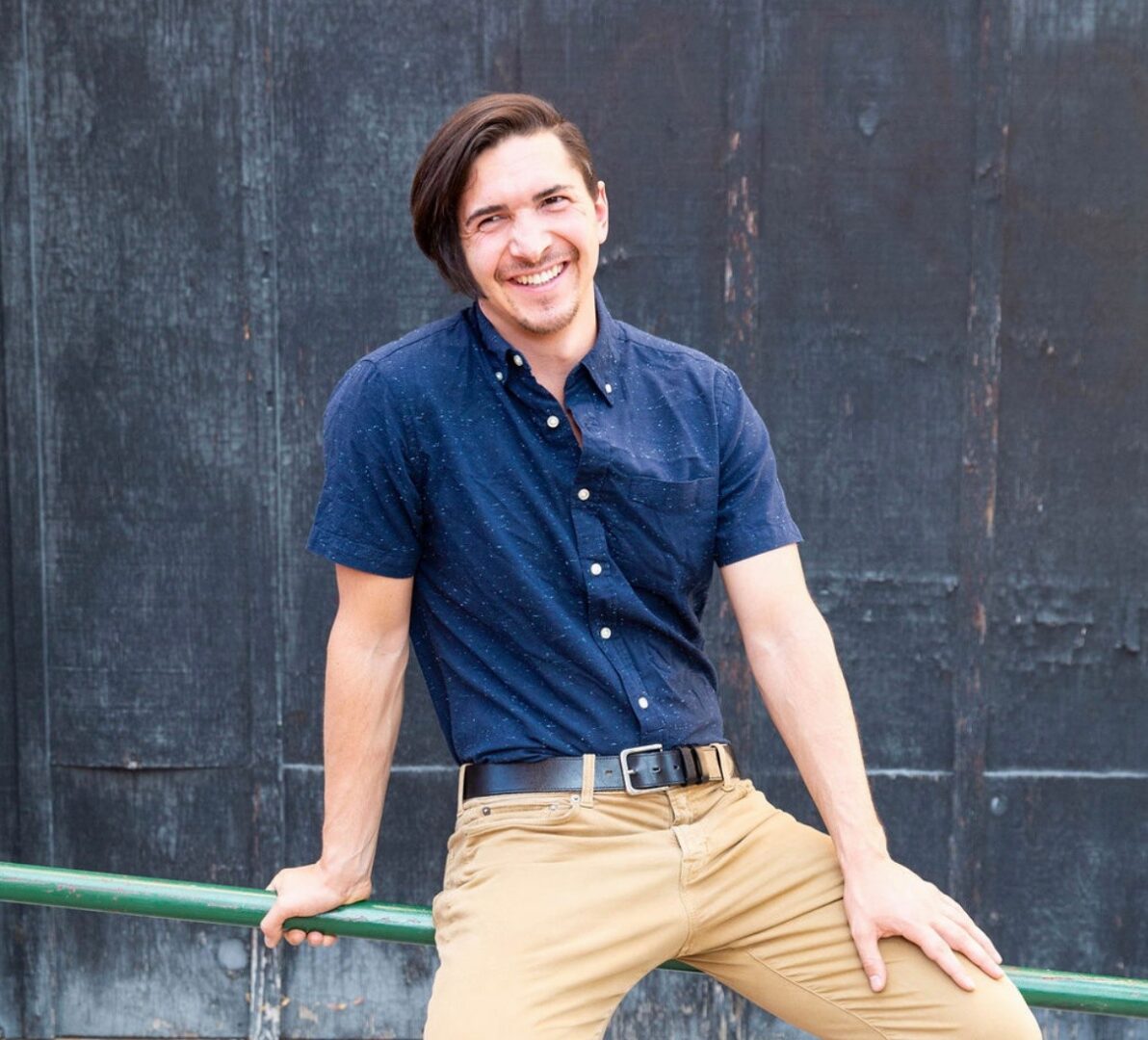
For a long time, I actually did not feel that I could answer a question like this – because even with a growing marketing agency, I still felt like an imposter on many days. Read More>>
Eden Coleman
Dance has always been my passion, it’s the thing that makes me feel most alive and the truest version of myself. When I was younger and trying to break into the industry, I threw myself into every class, workshop, and opportunity I could find. I wanted to sharpen my craft and also put myself in the right rooms, in front of the right people. Read More>>
Oswald Hunter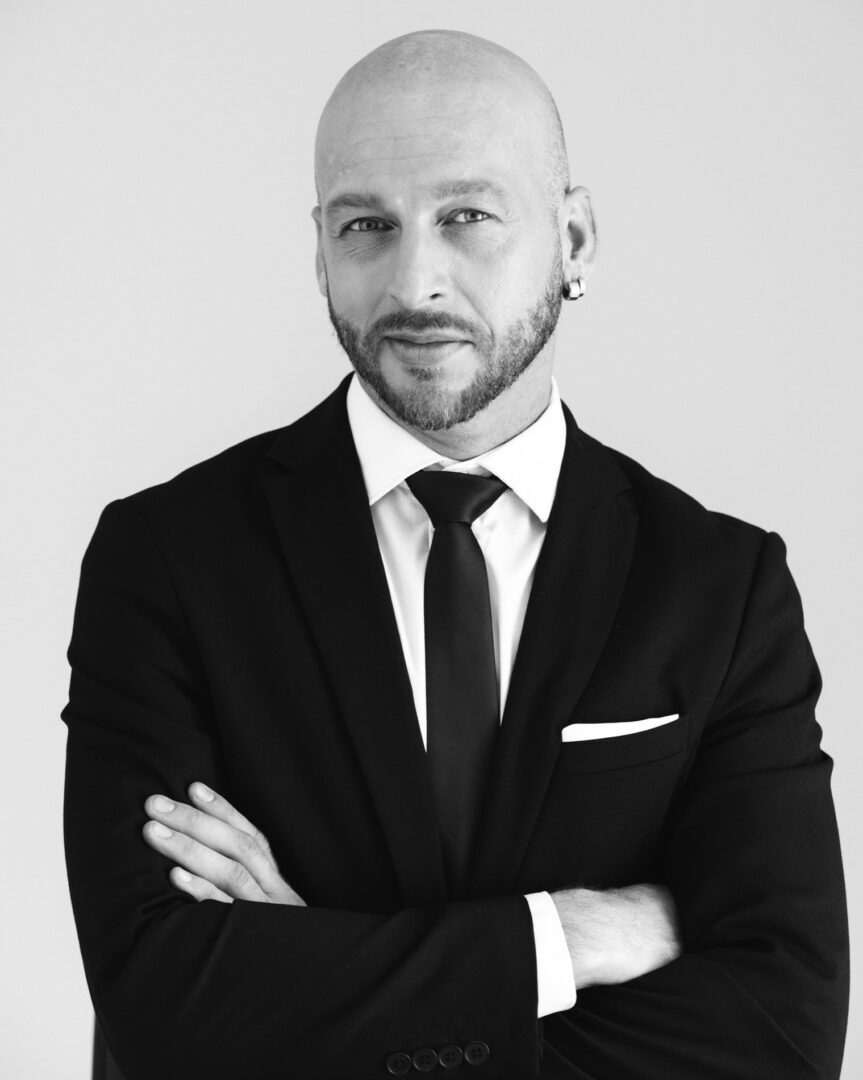
The truth is that I didn’t. And I honestly believe no artist who truly loves and dedicates themselves to this craft ever fully does. We’re always self-critical, always looking back at our performances thinking: “I could’ve gone deeper. I could’ve researched more. I could’ve let go more.” That fine line between self-doubt and the pursuit of perfection is where I live. Read More>>
Kristin Ballard
My Imposter syndrome can be a heavy burden, but I’ve found ways to navigate through it by fostering a positive narrative about myself. First, I acknowledge my feelings—not as undeniable truths but as fleeting sensations. This distinction is crucial; recognizing that feelings aren’t necessarily factual allows me to push through self-doubt. Second, I’ve committed to breaking the cycle of self-criticism. Read More>>
Courtney Barlow
For me, imposter syndrome didn’t look like questioning whether I belonged in the room. I’ve always trusted that my work earned me that seat. It showed up more in the pressure I put on myself to know everything and to execute perfectly. Anytime I stepped into a new role or took on a bigger project, I’d feel that pressure intensify. Read More>>
Colin Roberts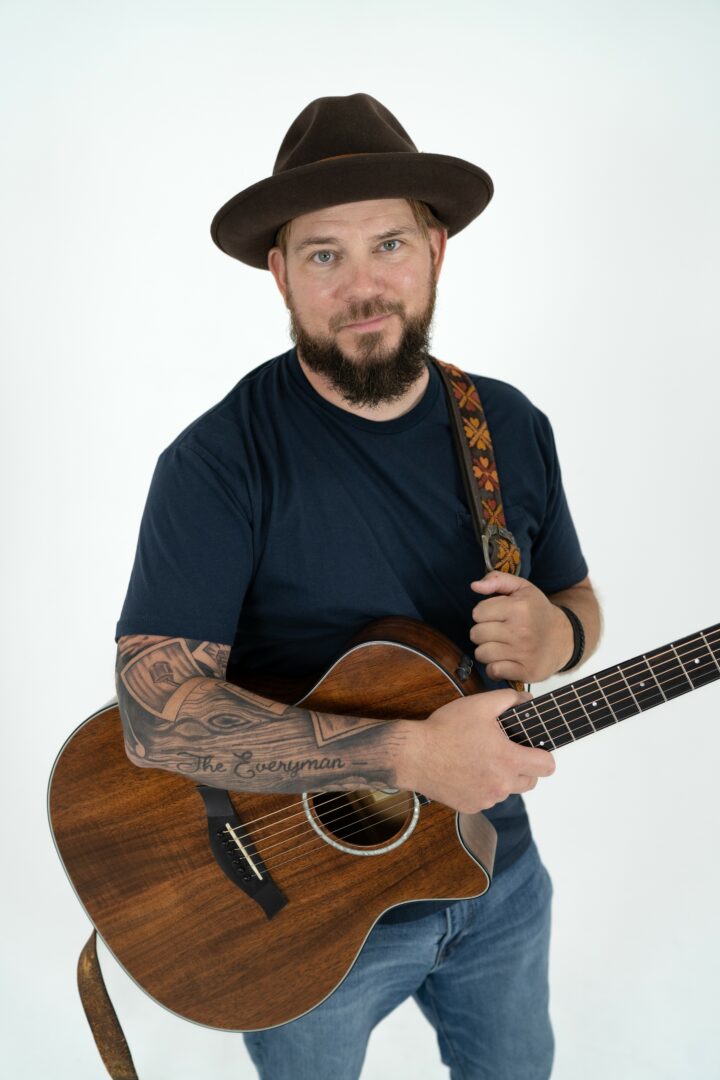
I’m not sure you ever fully “overcome” imposter syndrome. You just learn to move through it, or maybe just push past it, and keep showing up anyway. For me, it started every time I stepped into something new: launching a business, shifting careers, picking up a guitar in front of a crowd, or asking someone to pay me for a custom song. Read More>>
Timothy Jackson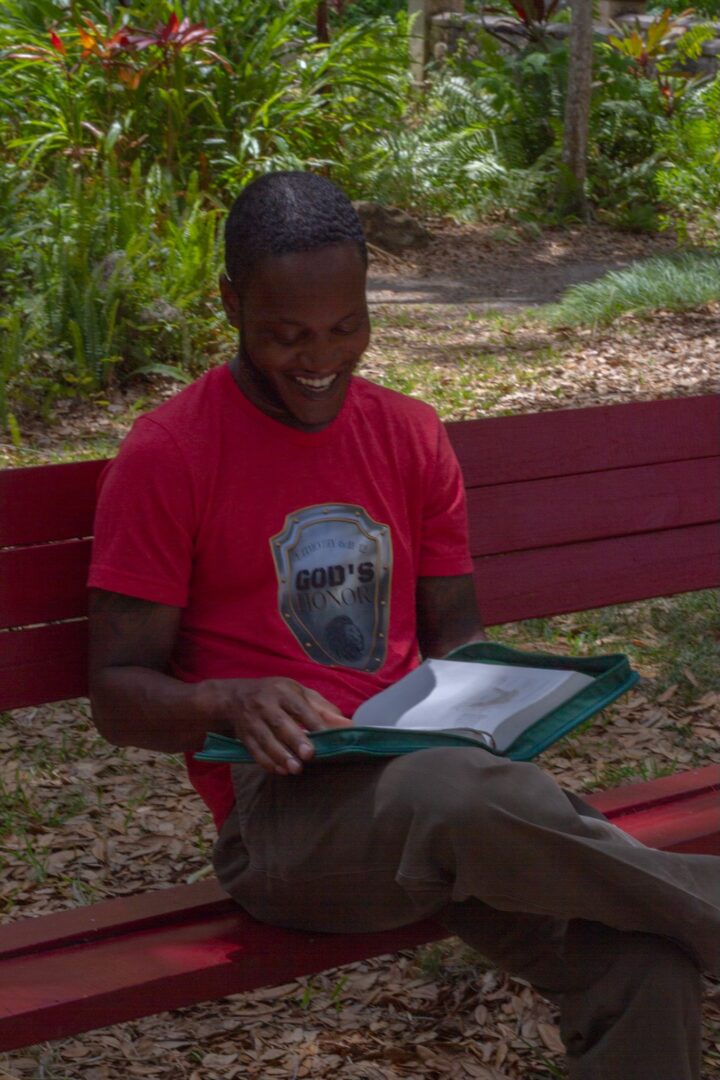
Imposter syndrome is something I dealt with when I was younger. Growing up, I was abused and manipulated in different ways at a young age. I used to think that I was not essential or mattered. When I decided to develop a real relationship with God, my mindset began to change. Read More>>

